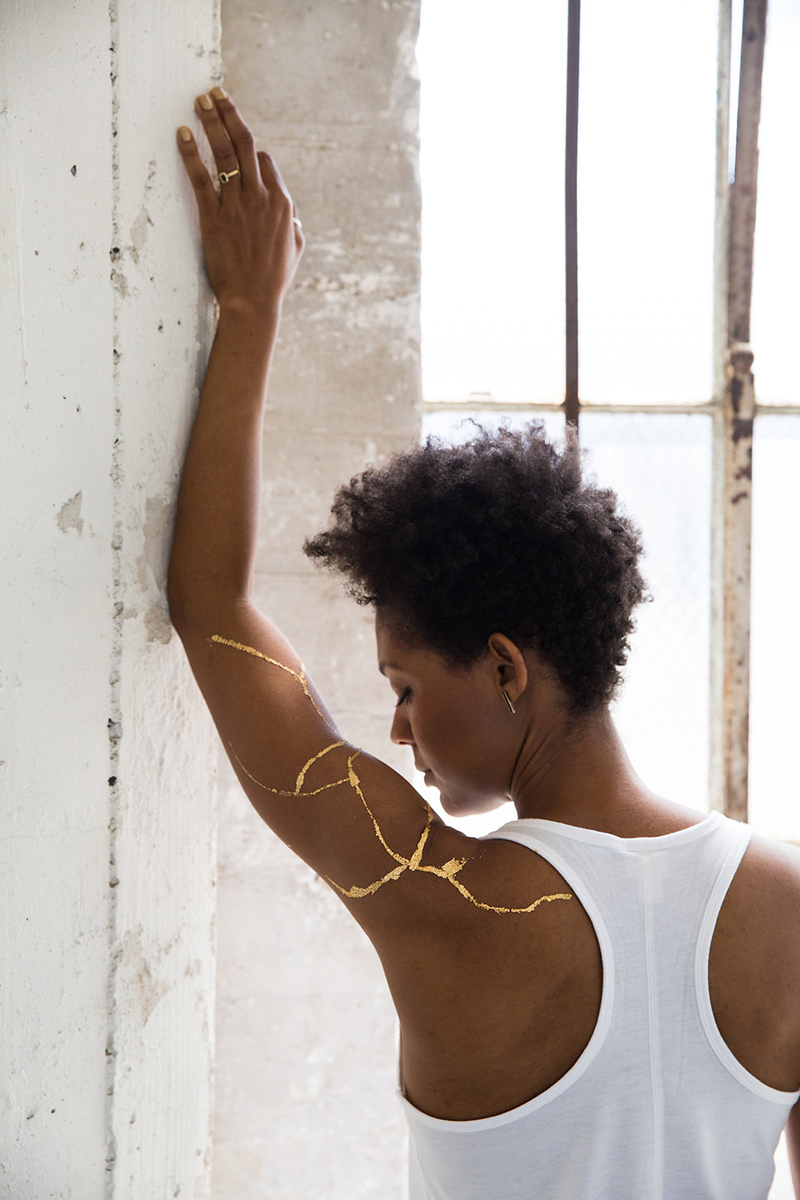How can you determine if couple’s therapy is making things worse?
If you are experiencing chaos or confusion in your couple’s therapy, your therapist is likely not trained to handle the problems you are presenting. If your couple’s therapist is implying that you are in any way responsible for the bad behaviors of your partner, you are likely with a therapist who does not have the expertise to diagnose your problems accurately.
Understanding that active abuse cannot be healed in therapy as a couple is of crucial importance for you understand. If there is abuse, then abuse is the ONLY key issue that needs to be addressed.
Attempting to adddress abuse through couples therapy is like wrenching a nut the wrong way; it just gets even harder to undo than it was before. (Lundy Bancroft, Why Does He Do That)
You need to be aware that if you find yourself in an abusive intimate relationship (physical, emotional, psychological, verbal, sexual), and your abuser suggests “couple’s” or “partner’s” therapy as a way to work things out, this prompt is a common trap used by abuser to further crush your spirit.
An uninformed, untrained therapist focuses only on the feelings of their clients, rather than the reality of the situation. This approach will not only re-traumatize and damage you further, but reinforce the abuser’s feelings, embolden their behaviors, and support them in avoiding accountability, repentance, and, ultimately, the possibility of restoration.
If your therapist or counselor ever tells you to better meet your abusive partner’s needs in order to stop the abuse, they are not equipped to handle cases involving abuse.
No amount of behavioral change on your side will change his false idea of your role in their life. You are not meant to live a silent, fearful life with your partner. And your abuser is not meant to abuse. These are core, foundational problems the abuser must address within themselves that have nothing to do with you or your behavior.
If a therapist or pastor ever reinforces your abusive partner’s behavior and actions through such tactics as mirroring, empathy, sympathy, instruction, behavioral interventions, they are not therapeutically trained or informed in treating domestic violence and emotional abuse.
The abuse is never your fault, and no amount of poor communication or lack of intimacy will ever justify the harm, damage, or assault.
There should be no focus on the abuser’s feelings until they have undergone a rigorous two-year program and deep individual therapy. There are fundamental issues that must be addressed. These areas of challenge are not about you. They are about the abuser’s attitudes and old belief systems, their hierarchical thinking, and blaming you for their behavior. These skewed perceptions are problems of the abuser’s worldview. The therapist should focus on the abuser’s belief systems rather than their feelings. If these entrenched beliefs and behaviors are not addressed first, there will be no change in their behavior and couple’s therapy will become chaotic and harmful. Your counselor or therapist should recognize and clearly state that the abuse is not about you, nor is it your fault in any way.
Victim blaming and false accusations have the potential to arise when the abuser’s feelings are validated and patterns are disguised or being manipulated. The issue of abuse needs to be uncovered and brought to light before any other relational problems can even begin to be addressed. Abuse is usually a one- way problem where there is one victim and one abuser. Ultimately, couple’s therapy is designed to tackle interpersonal relational problems (like communication), which may be preventing you from connecting as a couple.


